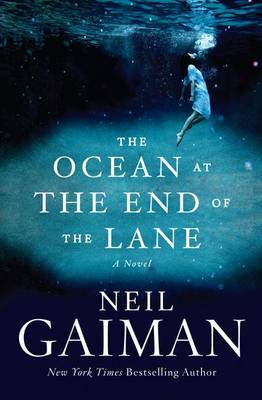Grown-ups don't look like grown-ups on the inside either. Outside, they're big and thoughtless and they always know what they're doing. Inside, they look just like they always have. Like they did when they were your age. The truth is, there aren't any grown-ups. Not one, in the whole wide world.
This story is constructed around a series of 'weird' events that may or may not be real. Just as how most kids would be talking about a friend or a place or anything that they witness, and most adults would dismiss as something imagined. It's almost like a long dream, or maybe it was a memory. No one ever really and completely remembers their childhood. It's always this vague picture. Still, much of what we went through as a child comes back to us one way or another later on in life in different forms. Different, but recognizable. At times, they help us cope with whatever we're going through. Other times, they're like monsters that we can't seem to run away from.
I do not miss childhood, but I miss the way I took pleasure in small things, even as greater things crumbled. I could not control the world I was in, could not walk away from the things or people or moments that hurt, but I found joy in the things that made me happy.
Well, you know, we live on with the memories we wish we could lose.
